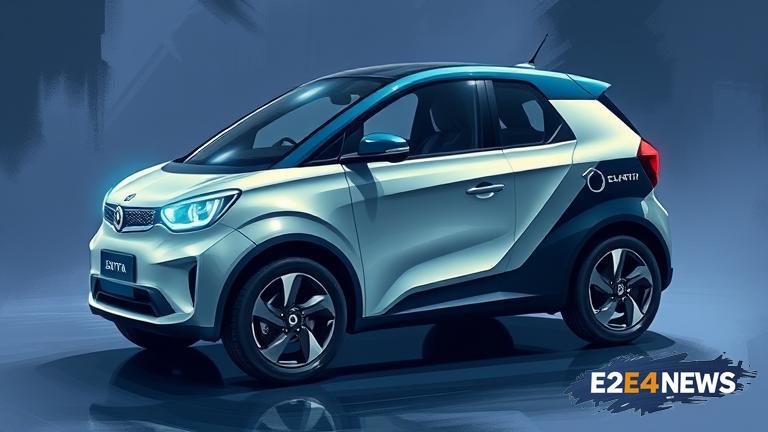The Indian government has announced a comprehensive plan to promote the adoption of electric vehicles (EVs) in the country. The plan includes a range of incentives and initiatives aimed at encouraging the use of EVs, reducing greenhouse gas emissions, and improving air quality. According to reports, the government plans to offer subsidies to EV manufacturers, as well as to consumers who purchase EVs. The subsidies are expected to be in the form of tax exemptions, reduced registration fees, and other benefits. Additionally, the government plans to invest in the development of EV charging infrastructure, including the installation of charging stations along highways and in urban areas. The plan also includes measures to promote the use of EVs in public transportation, such as buses and taxis. The government has set a target of having at least 30% of all new vehicle sales be electric by 2030. To achieve this goal, the government plans to work with state governments, industry stakeholders, and other organizations to create a supportive ecosystem for EVs. The plan also includes measures to promote research and development in the EV sector, including the establishment of specialized research institutions and the provision of funding for EV-related projects. Furthermore, the government plans to launch a public awareness campaign to educate consumers about the benefits of EVs and to encourage them to switch to electric vehicles. The campaign will include advertising, social media promotions, and other outreach efforts. The government has also announced plans to develop a network of EV charging corridors along major highways, which will enable long-distance travel by EVs. The corridors will be equipped with fast-charging stations, which will be able to charge EVs to 80% in under 30 minutes. The government has also announced plans to promote the use of EVs in the commercial vehicle sector, including trucks and buses. The plan includes measures to encourage the adoption of EVs by fleet operators, such as taxi companies and logistics providers. The government has also announced plans to develop a system for recycling EV batteries, which will help to reduce waste and promote sustainability. The plan has been welcomed by industry stakeholders, who see it as a major step forward in promoting the adoption of EVs in India. The plan is expected to create new opportunities for businesses and investors in the EV sector, and to help reduce India’s dependence on fossil fuels. The government has also announced plans to work with international partners to promote the adoption of EVs and to share best practices in the sector. The plan is part of India’s broader efforts to reduce its carbon footprint and to promote sustainable development. The government has set a target of reducing its greenhouse gas emissions by 33-35% by 2030, and the promotion of EVs is seen as a key part of this effort. Overall, the plan is a major step forward in promoting the adoption of EVs in India, and is expected to have a significant impact on the country’s transportation sector and environment.





